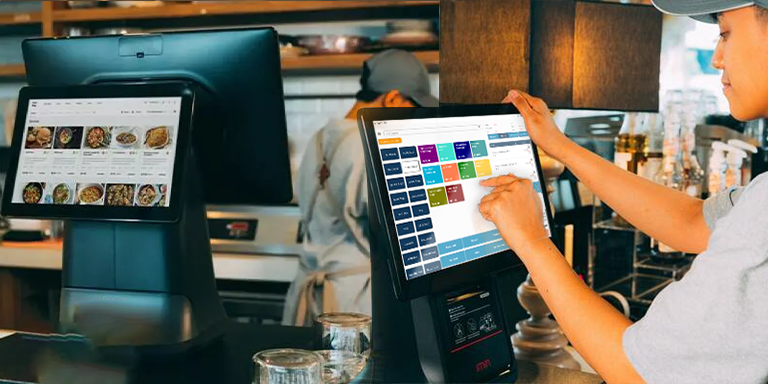POS Systems: The Key to Accurate Stock Control

In today’s fast-paced retail environment, managing inventory efficiently is no longer a luxury—it’s a necessity. Businesses that fail to maintain accurate stock records risk overstocking, stockouts, and lost revenue. This is where Point of Sale (POS) systems come into play. Modern POS systems have evolved far beyond simple cash registers; they now serve as powerful tools for precise inventory management, helping businesses streamline operations and make informed decisions.
Understanding the Role of POS Systems in Inventory Management
A POS system acts as the central hub for all sales and inventory data. Every transaction recorded through the POS automatically updates stock levels, providing real-time visibility into product availability. This eliminates the need for manual stock tracking, which is often prone to human errors and delays. Whether you operate a small boutique or a multi-location retail chain, accurate stock data is critical for planning purchases, reducing waste, and ensuring customer satisfaction.
Real-Time Inventory Tracking
One of the most significant advantages of a POS system is real-time inventory tracking. Unlike traditional methods that rely on periodic stock checks, POS systems update inventory the moment a sale occurs. This instant visibility allows businesses to know exactly which items are in stock, which are running low, and which need reordering. For example, if a popular product is selling quickly, the system can alert managers to reorder before the stock runs out, preventing potential sales losses and customer disappointment.
Automated Alerts and Reordering
Modern POS systems often come with automated alerts and reorder points. This feature ensures that stock levels are maintained at optimal levels without constant manual oversight. When an item reaches its predefined minimum quantity, the system can notify the manager or even automatically place an order with suppliers. This automation not only saves time but also reduces the risk of human error, ensuring a seamless supply chain and uninterrupted sales.
Reducing Overstock and Waste
Accurate stock control through a POS system also helps prevent overstocking. Overstock ties up capital, occupies valuable storage space, and increases the risk of products becoming obsolete. By analyzing sales patterns and inventory turnover rates, POS systems provide insights that enable managers to order just the right amount of stock. This data-driven approach reduces waste, optimizes storage, and enhances overall operational efficiency.
Integration with Other Business Functions
Many POS systems integrate with other business functions, such as accounting, e-commerce, and customer relationship management (CRM). This integration ensures that inventory data is consistent across all channels. For businesses selling both online and offline, this unified approach prevents discrepancies and allows for accurate stock allocation. Additionally, integration with accounting systems helps reconcile inventory with financial records, simplifying audits and improving financial accuracy.
Enhanced Decision Making
With accurate stock data at their fingertips, business owners and managers can make informed decisions. They can identify best-selling products, understand seasonal trends, and plan promotions effectively. For example, a POS system may reveal that certain items consistently run out during weekends, prompting businesses to adjust stock levels or marketing strategies accordingly.
Conclusion
In today’s competitive retail landscape, efficient stock control is essential for profitability and customer satisfaction. POS systems provide the tools necessary to maintain accurate inventory, prevent losses, and optimize operations. By offering real-time tracking, automated alerts, integration with other business functions, and actionable insights, POS systems have become indispensable for businesses of all sizes. Embracing a modern POS system is no longer just a technological upgrade—it’s a strategic move that ensures smooth operations, satisfied customers, and sustainable growth.






